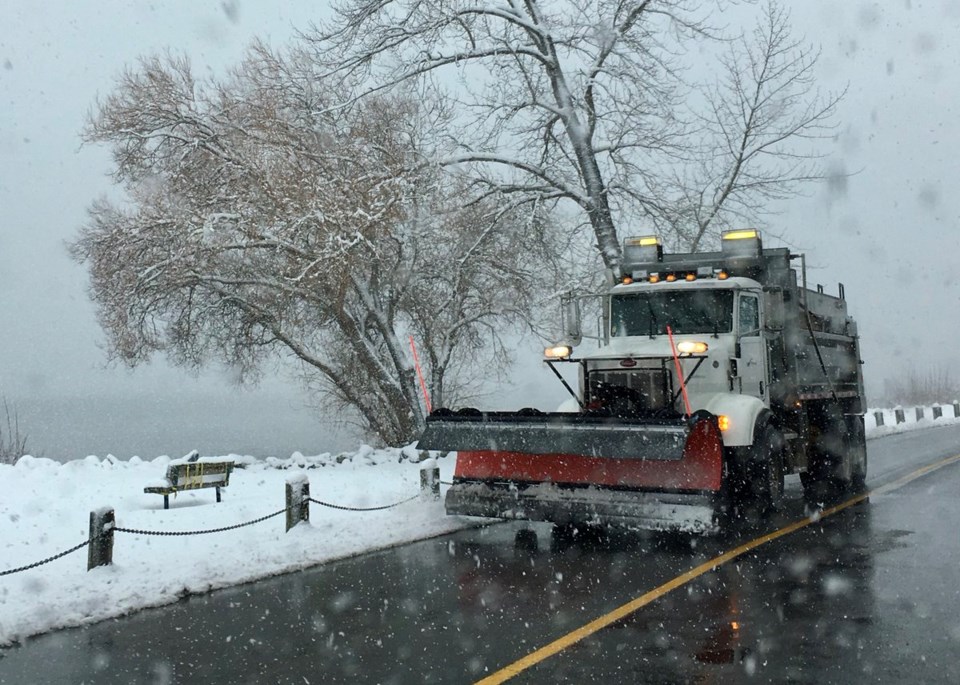I was born in Winnipeg, grew up in Calgary and lived in Ottawa.
In other words, I can do snow. In fact, once I dig out my long johns, I love the stuff, even if it causes a certain amount of havoc. Even so, a couple of incidents this last week have got me thinking not about just havoc, but how we deal with it.
Last Friday evening, my daughter texted me to say it was like a fireworks show outside her window on the Canada Line, with sparks flying off the track. She was heading into Vancouver, but by the time the train pulled into Bridgeport Station, passengers were told to disembark and that buses would take them the rest of the way. After an hour of waiting for a bus that never came, she and others hailed a cab and got where she was going.
I wouldn’t have thought much more about the whole thing had it not repeated itself just three days later. Monday, during the evening rush hour, again, sparks were flying, trains were ground to a halt and people had two or three hours added to their commutes.
And just yesterday, the Bridgeport-YVR line had to be closed due to ice — again causing delays in all directions. Obviously, TransLink needs to get its technology sorted out. It seems the tracks are extremely sensitive and will cut power if snow or ice builds — just when we need transit most.
But it isn’t just the malfunction that gives me pause; it’s also the response. As one passenger from Monday’s fiasco said, “there were so many missed opportunities.”
Back at the Bridgeport station, both times, passengers were told buses would take them the rest of the way. And, on Monday, there were plenty of buses there — but most were out of service, TransLink staff were nowhere to be found, and people were left confused and frustrated. It also didn’t help that TransLink failed to inform the city, as is protocol.
Then came Tuesday morning and a freight train crossing barrier malfunction, blocking people from traversing the tracks at Alderbridge Way and Shell Road. Again, commuters were stuck for hours. Eventually, some motorists got out of their cars and began directing traffic, but two hours later, still no police or CN authorities had arrived to take over. As with the Canada Line situation, the exact same thing had happened just days before. So, it’s not like there hadn’t been a warning.
I don’t need to remind anyone that we live in an earthquake zone. If this is any indication of our ability to handle a snafu, we have some work to do. Spending on crisis coordination might not be flashy. It’s hard to have a ribbon-cutting in front of a future non-event, but maybe we should forget the flash for a minute and just do what’s right. This week has shown us how much can go wrong when we don’t.



